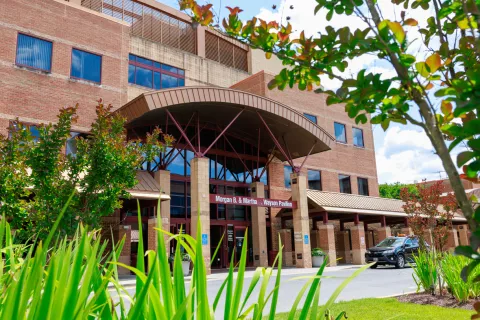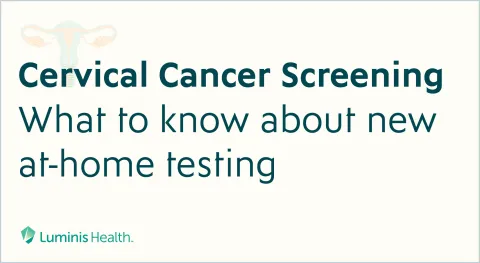We treat all types of blood and bone marrow cancers, including leukemia, lymphoma and myeloma. And we treat you where you are most comfortable, near home and loved ones.
Types of Blood and Bone Marrow Cancers
Blood cancer occurs when the bone marrow makes immature blood cells at a very fast rate. When this happens, the body loses its ability to fight infection, carry oxygen and stop bleeding. Because of this, blood cancer can become very serious, very fast.
If you have a blood cancer diagnosis it's important to receive care from a doctor who specializes in diseases of the blood (called a hematologist). A hematologist has expert knowledge and ready access to sophisticated medical technology.
Blood cancers can be divided into three categories called:











